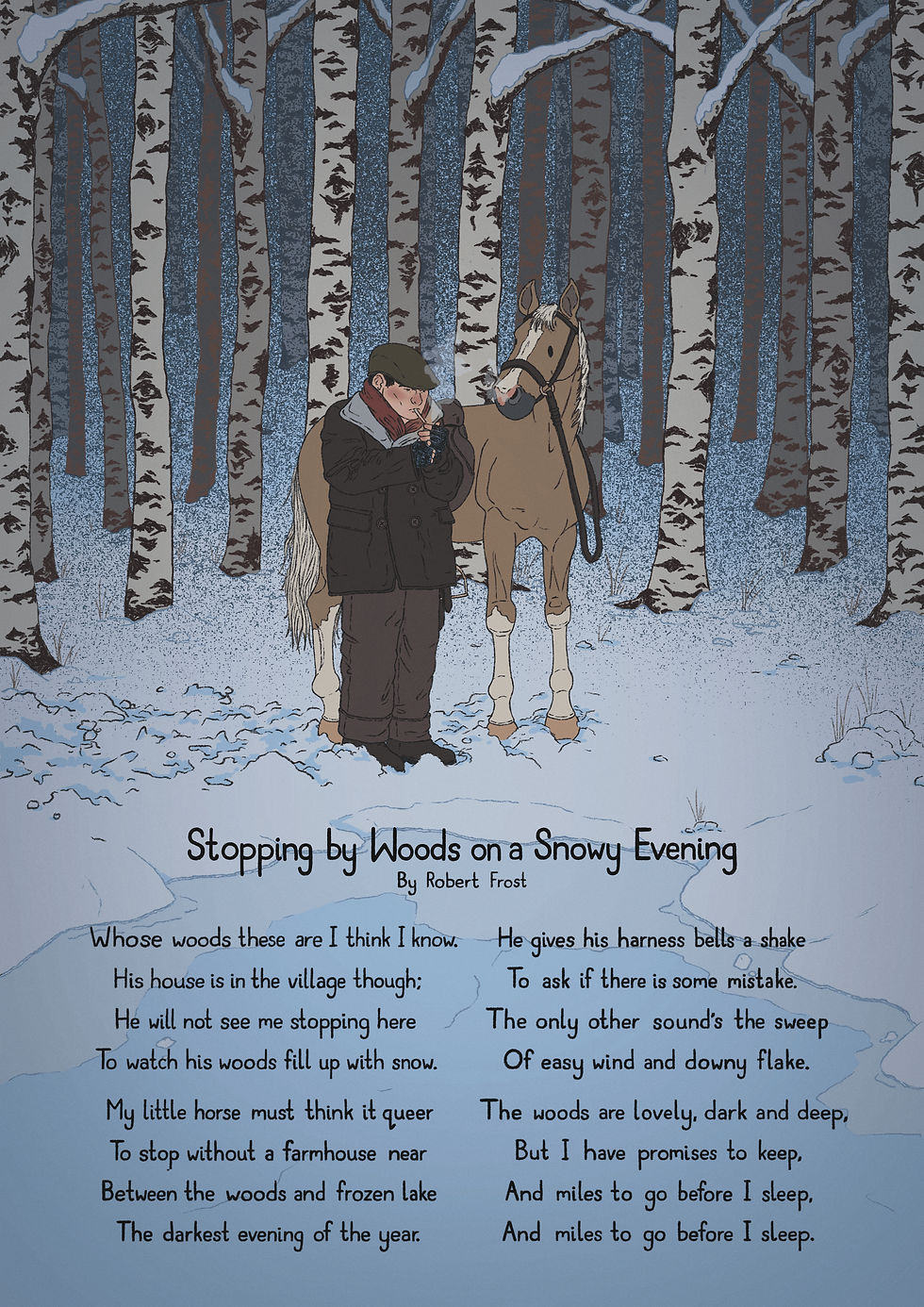The Great Perhaps, Escaping the Labyrinth, and Seven X Seventy
- brookmcbride
- Jun 3, 2022
- 4 min read

Have any of you ever read John Green? His podcast The Anthropocene Reviewed is one of my favorites. But he’s also a wonderful author. Books you may recognize are Paper Towns, The Fault in Our Stars, and Turtles All the Way Down. Recently and largely because I love “coming of age” books, I picked up his debut novel called Looking for Alaska. Let me just say that it is an incredible book. (And, I just found out, has been adapted for a TV show on Hulu). If I were teaching a course in religion at a high school or a college, this would be a book I would highly recommend. And if you are struggling with just why religion matters or how religion might matter in your life…this might be a great read for you!
In this wonderful coming of age novel, Green introduces his main character, Miles “Pudge” Halter. Overall, Miles is a very passive character. He pretty much lets the world dictate who he is, until he sets the whole story in motion by seeking “The Great Perhaps”. What is this “Great Perhaps” you ask? “The Great Perhaps” is basically his understanding of calling: of find some purpose great than our “ego self” to live into. As Green puts it, it’s my “more-than-minor life.
In essence it’s Moses taking off his shoes at the burning bush and saying, “Here I am, Lord.” It’s a football player in Arkansas realizing that his real calling isn’t football but becoming a doctor. What I like about Green’s term “The Great Perhaps” is that often the Christian term “calling” is misused to only entail overtly Christian callings. The calling to be a pastor, or a nun, or a missionary. By using the term “The Great Perhaps” Green broadens that understanding into something universal! To be called is not just an overtly religious term, it is a universal term for what it means to live a meaningful life! And the church would do well to “ordain” not just elders and deacons, but teachers, and doctors, and lawyers, and nurses, and custodians, and engineers, and explorers, and politicians as well! When we live with a greater purpose we move from “living” with a small “l,” to “Living” with a large “L.” And searching and finding “The Great Perhaps” indeed sets it all in motion.
The second concept that makes this book so intriguing to me is the struggle we all go through when life doesn’t work out. Green borrows the term “the labyrinth of suffering” from Bolivar. But for Green the concept of the labyrinth of suffering is not just dealing with life and death, but especially dealing with mess of realizing that we, as humans, do harm to people we love, and are also harmed by those very people. “ It’s not life or death, the labyrinth. Suffering. Doing wrong and having wrong things happen to you. That’s the problem. Bolivar was talking about the pain, not about the living or dying. How do you get out of the labyrinth of suffering?”
According to Green, one of the key reasons many of us turn to religion is that each of the major religions…Christianity, Islam, and Buddhism…has a particular way in which we embrace, handle, and navigate this labyrinth of suffering.
In the book, Miles or “Pudge” goes through is own labyrinth of suffering. And as he works through this labyrinth, he comes to some conclusions of how his understandings of these religions has helped him navigate through this labyrinth. The first is to embrace it.
“Before I got here, I thought for a long time that the way out of the labyrinth was to pretend that I did not exit, to build a small, self-sufficient world in the back corner of the endless maze and to pretend that I was not lost, but home.” “After all this time, it seems to me like straight and fast is the only way out-but I choose the labyrinth. The labyrinth blows, but I choose it.”
As I contemplate my own response to deep pain, I often go this route. I stuff it. Ignore it. Pretend it isn’t there. I get mad that it’s happening to me. But in the end, Green is right…in order to begin to get out of this thing, we must first admit that we are in it. That it is a part of living as a human being.
And the second great revelation that “Pudge” comes to is the realization that the only way out of this maze is to forgive it. “He was gone, and I did not have time to tell him what I had just now realized: that I forgave him, and that she forgave us, and that we had to forgive to survive in the labyrinth. There were so many of us who would have to live with things done and things left undone that day. Things that did not go right, things that seemed okay at the time because we could not see the future. If only we could see the endless string of consequences that result from our smallest actions. But we can’t know better until knowing better is useless. And as I walked back to give Takumi’s note to the Colonel, I saw that I would never know. I would never know her well enough to know her thoughts in those last minutes, would never know if she left us on purpose. But the not-knowing would not keep me from caring, and I would always love Alaska Young, my crooked neighbor, with all my crooked heart.”
I love this quote. In the end, life is a mess! But in order to navigate through it, in so many senses, we need to forgive it. To let go of it. To pack truckloads of grace around it. Because in the end each of us is a little crooked. Not in the sense of being evil, but more in the sense of being just a little off-center, a little jilted, a little battered. We don’t always make the right decisions and the people we love don’t either.
And just to bring this back to my own faith, isn’t this exactly what Jesus is trying to tell us when he asks us to forgive not just 7 times, but 7 x 70 times?
Your friend and pastor, trying to learn to live with my “crooked” neighbor, and forgive my own “crooked heart,” Brook



Comments